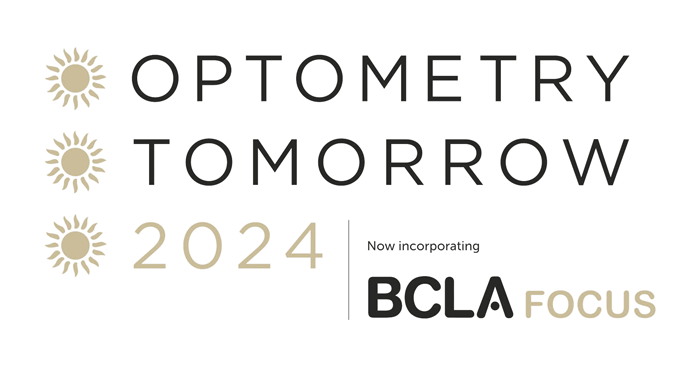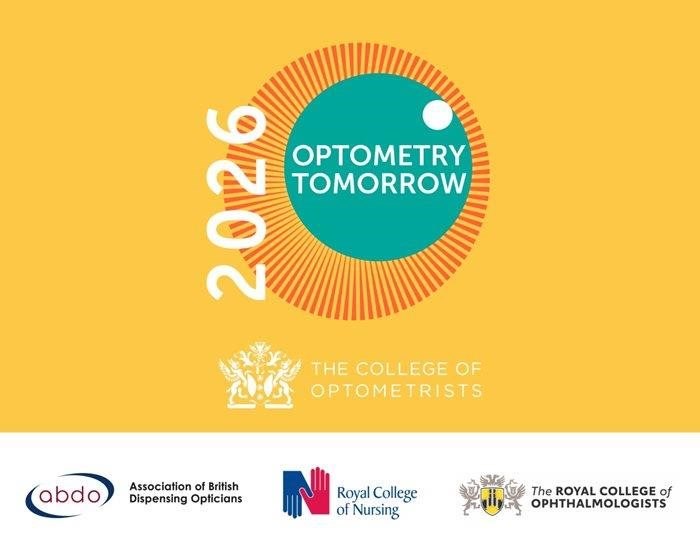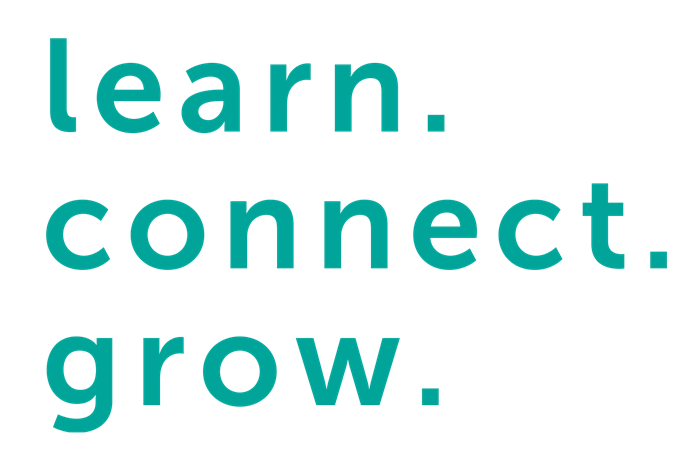

Our flagship conference will bring together the people, knowledge and guidance that move optometry forward.
Taking place from Sunday 14 June to Monday 15 June 2026 in Harrogate, Optometry Tomorrow will be a unique opportunity where you can learn more, gain new skills, network and interact with a vibrant community. Our official conference partners, the Association of British Dispensing Opticians, Royal College of Nursing and Royal College of Ophthalmologists are helping to make the programme even more exciting.
Registration will open soon, so keep an eye out!

We still have space available. Find out about the opportunities and how you can be part of it by clicking the link below.
Great opportunity to learn new skills, hone current skills, network and interact with peers to take back and put into practice, especially when working as a sole practitioner
